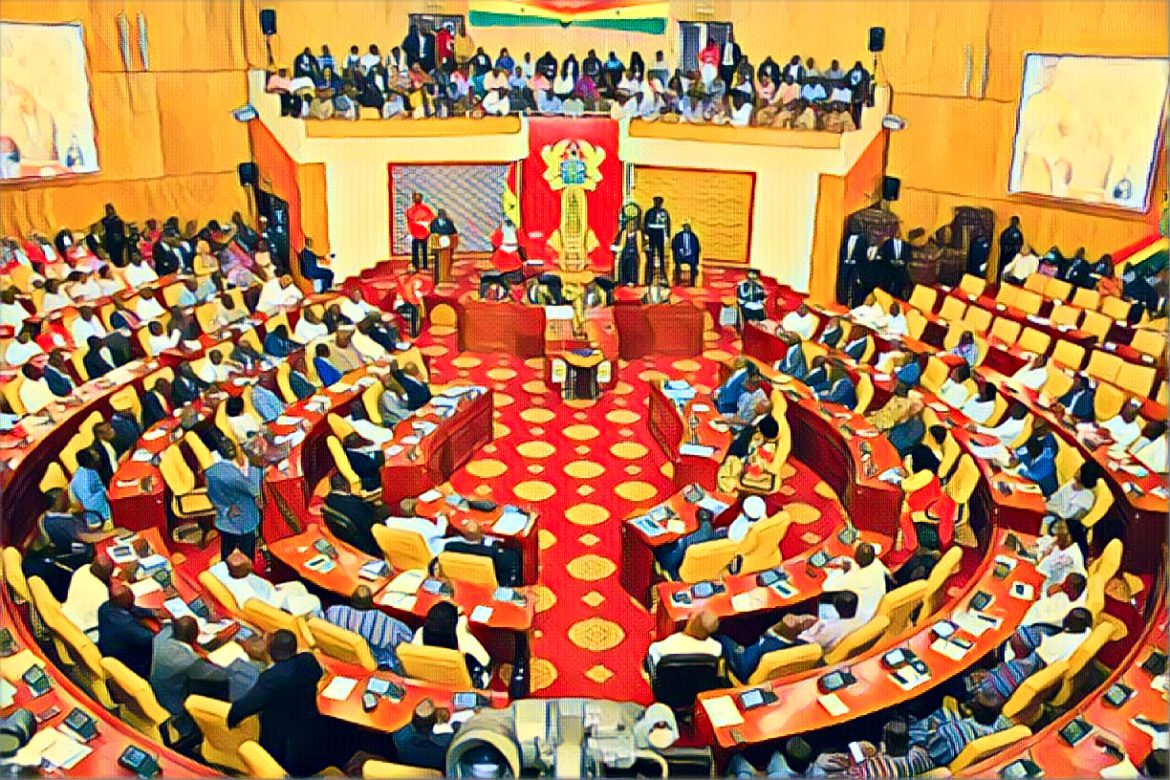In a pivotal session last Friday, the Ghanaian Parliament confirmed all 24 of President Nana Akufo-Addo’s ministerial and deputy ministerial nominees. This approval occurred despite a walkout by the Minority caucus, who expressed concerns over the government’s expanding size and the financial implications for the nation’s budget.
The nominees, vetted by the Appointment Committee of Parliament back in March 2024, awaited confirmation after a pause in parliamentary activities. Their roles range from overseeing key sectors such as Tourism, Arts and Culture, Sanitation and Water Resources, to Local Government, Decentralisation and Rural Development, and Environment, Science, Technology, and Innovation.
Conflict and Consensus
As the session convened, the opposition’s walkout underscored a deep-seated protest against what they perceive as an unnecessary enlargement of the government structure, arguing it would lead to increased governmental expenditure at the taxpayer’s expense. However, their absence did not prevent the Majority from proceeding with the confirmation of the nominees.
The process was led by Joseph Osei-Owusu, the Chairman of the Appointment Committee, who moved a motion that the House adopt the committee’s report by consensus, effectively securing the necessary approvals. The Majority Caucus’s decision to stay and vote ensured that the governance machinery could continue to function without interruption, illustrating the tensions between maintaining governmental continuity and addressing concerns about fiscal prudence.
Spotlight on New Appointees
Among the prominent figures approved are Andrew Egyapa Mercer, assigned to the Ministry of Tourism, Arts and Culture, and Lydia Seyram Alhassan, who will head the Ministry of Sanitation and Water Resources. Martin Adjei-Mensah Korsah and Ophelia Mensah Hayford have been appointed to lead the Ministry of Local Government, Decentralisation and Rural Development, and the Ministry of Environment, Science, Technology, and Innovation, respectively.
These appointments reflect President Akufo-Addo’s strategic vision for his second term, aiming to inject new dynamics into key areas of Ghana’s development agenda. The new ministers are expected to spearhead initiatives that address ongoing challenges such as urban sanitation, local governance, and technological innovation, which are crucial for the country’s progress.
The confirmation of these new cabinet members marks a significant reshuffle intended to enhance the administrative effectiveness and responsiveness of the government to the socio-economic needs of the populace.
Source: Graphic Online




